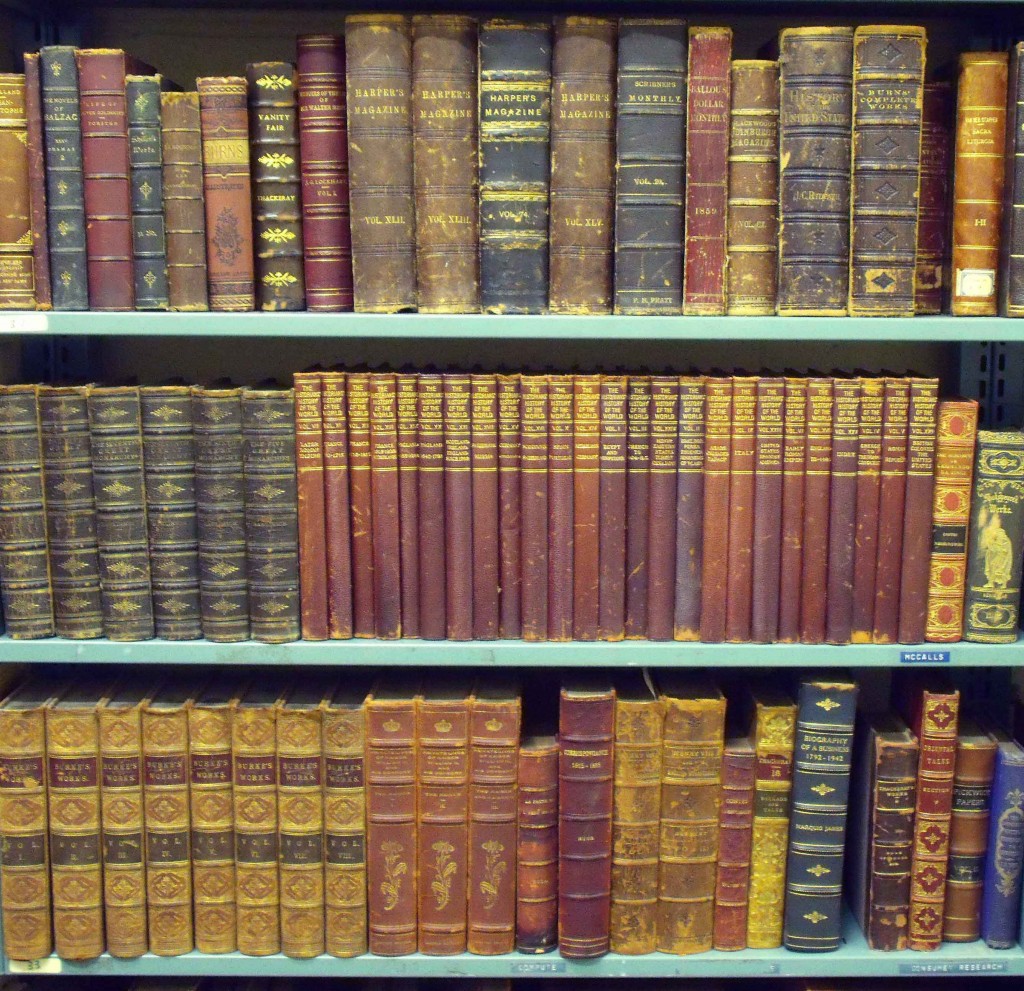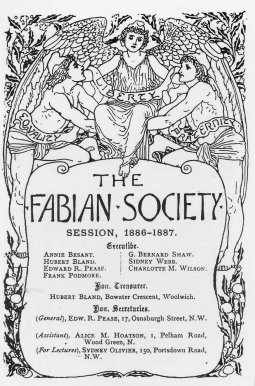Cross-posted in the Denham Library
1. English Mythographers from the Middle Ages to the Late Nineteenth Century
The roots of Frye’s expansive vision of culture have often been remarked. Blake and the Bible are obviously central to the development of his ideas, and much has been written about Frye’s debts to both. Much has been written as well about other significant influences on Frye: Nella Cotrupi’s book on Frye and Vico, Glen Gill’s study of Frye and twentieth‑century mythographers (Eliade, Jung, and others), and Ford Russell’s account of the influence of Spengler, Frazer, and Cassirer on Frye.[1] But Frye was familiar with the work of a number of other mythographers, and their influence on his thinking warrants investigation.
Blake being a mythological poet, Frye had to school himself early on in myth. The sources of his reading here are not wholly known but we do have a fairly complete list of the mythographers that he began to assimilate at the beginning of his career. In The Critical Path Frye observed that “[s]tudents of mythology often acquire the primitive qualities of mythopoeic poets. I have read a good many of them, from medieval writers through Bacon and Henry Reynolds and Warburton and Jacob Bryant and Ruskin to our own time, and I have noted two things in particular. First, a high proportion of them are cranks, even nuts, and, second, they often show a superstitious reverence for the ‘wisdom of the ancients’” (CW 27, 67). In the 1960s Frye wrote a preface to a collection of essays in myth criticism, covering the period from the fourteenth through the nineteenth centuries, that aim of which was “only to relate the study of mythology to the criticism of literature” (CW 25, 327). The book was never published, and we do not have a table of contents, but from what Frye says in the preface and from his correspondence about the volume (see Frye’s letter to Richard Schoeck in Selected Letters, 82) we have a good sense of what he considered to be the principal documents in the use of mythology to study literature in the English tradition from Gower to Ruskin:
John Gower, Confessio amantis (ca. 1386–93)
William Camden, Britannia (1586; English ed. 1610)
The opening of Samuel Purchas, Purchas, his Pilgrimage; or, Relations of the World and the Religions Observed in All Ages (1613)
Sir Walter Raleigh, History of the World (1614)
Francis Bacon, Wisdom of the Ancients (1619)
Henry Reynolds, Mythomystes (ca. 1630)
George Sandys, Ovid’s Metamorphosis (1632)
Sir Isaac Newton, Philosophiae Naturalis Principia Mathematica (1687)
Bishop William Warburton, The Divine Legation of Moses (1737–41)
Paul Henri Mallet, Northern Antiquities (1770)
Jacob Bryant, A New System, or an Analysis of Ancient Mythology (1774)
Edward Davies, Celtic Researches on the Origin, Traditions and Languages of the Ancient Britons (1804)
James Payn (1830–98)
John Ruskin, Queen of the Air: Being a Study of the Greek Myths of Cloud and Storm (1869)
Frye adds from the twentieth century:
J.F. Newton, The Builders (1914)
Jessie Weston, From Ritual to Romance (1920)
G. Wilson Knight (1897–1985)[2]
The influence on Frye of these writers, mostly from the English tradition, has not been studied. What is it about Mythomystes that leads Frye to say that Henry Reynolds in “the greatest critic before Johnson”? (CW 5, 236). What is it about Bryant and Davies that causes Frye to call them “the Frazers of their time”? (CW 14, 176). Frye says that the scholarship of Mallet’s Northern Antiquities influenced the eighteenth‑Century poets (CW 17, 36). How did it influence him? Why was Frye so intrigued by what Purchas said about Solomon’s temple? What was it about Sandys’s translation of Ovid that caused Frye to see it as an allegorical handbook? And so on.

